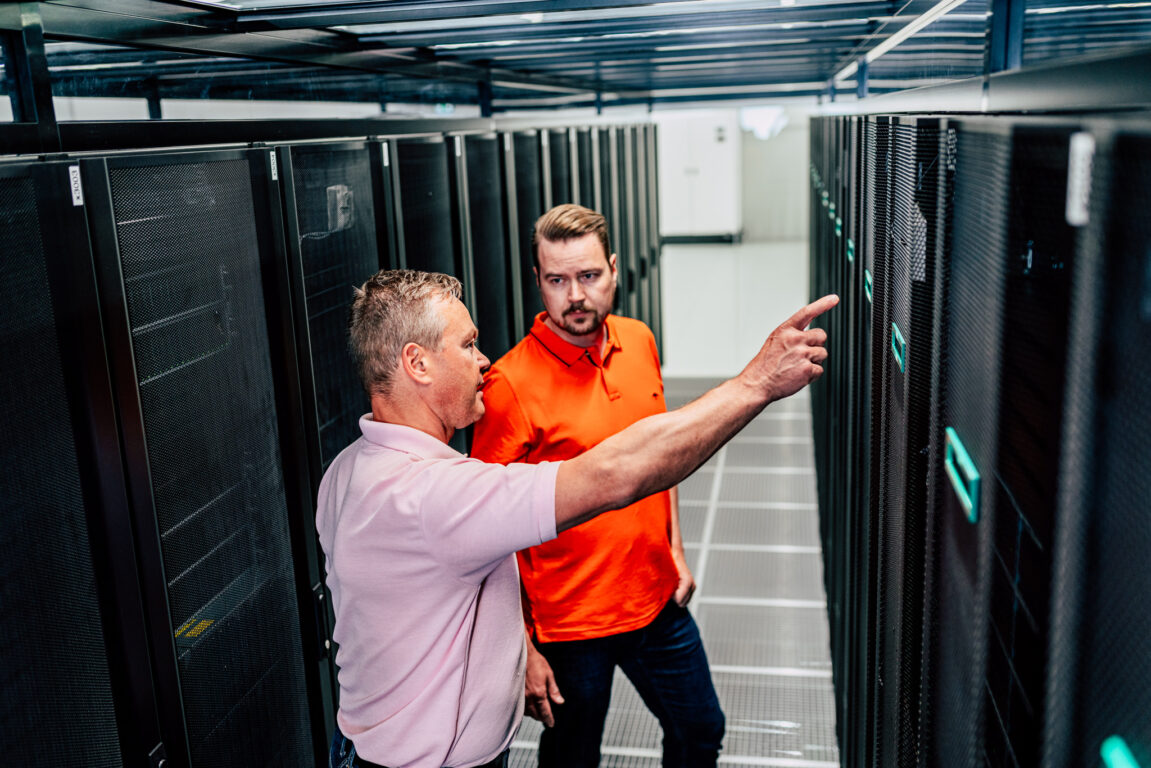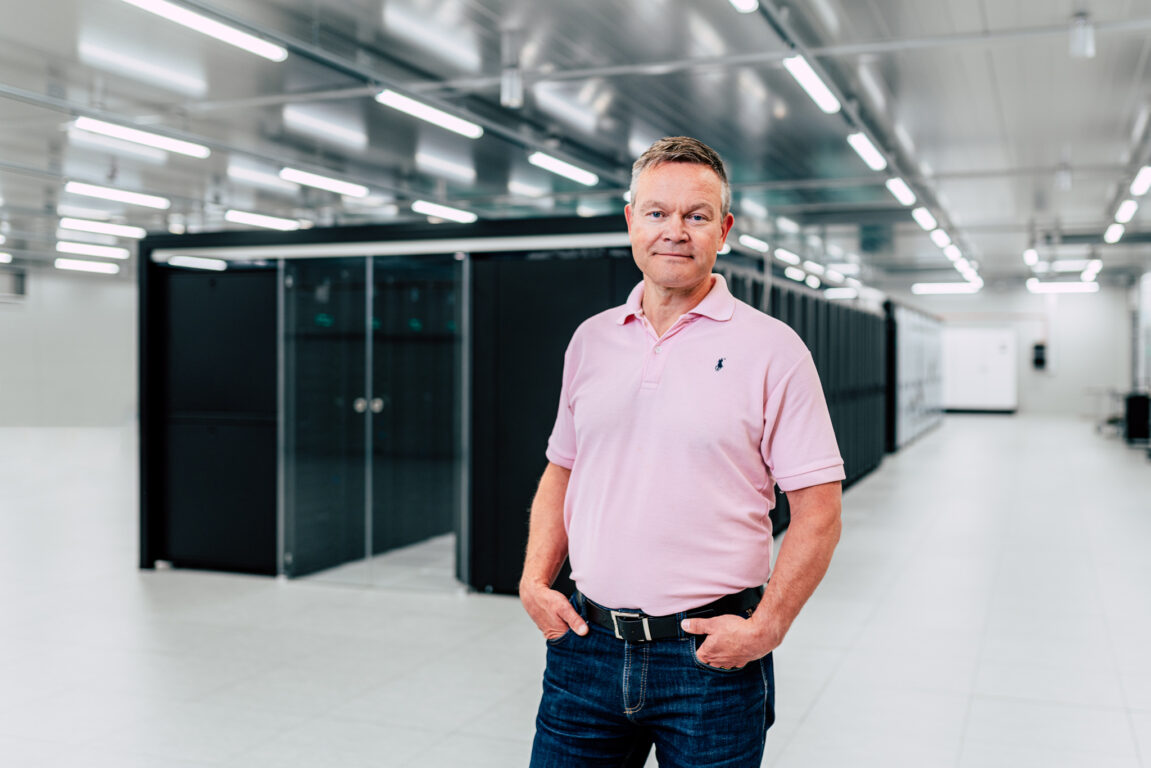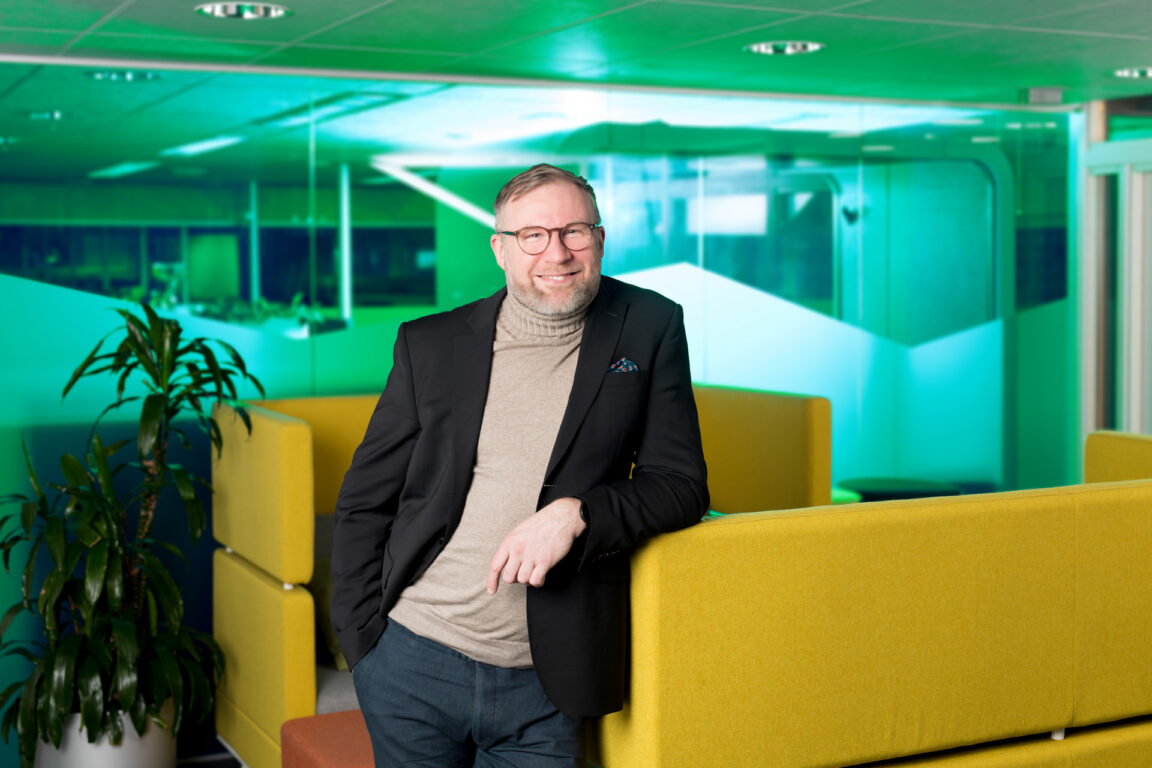AI can revolutionise the built environment, with a little help
9.5.2025 – AI is already beginning to transform the built environment. What is Granlund’s role in this revolution, and what does it mean for our customers?

Granlund has always been an eager adopter of technologies which make lives better for our customers, and AI is no exception. Our work in Artificial Intelligence includes pure research, pilot projects and the deployment of practical tools.
Currently, we see AI being deployed to help decision-making in the industry, such as by analysing large data sets and automating repetitive processes to improve efficiency. This sounds simple, but the reality is far more complex.
The construction and real estate industry has many different types of data, such as text, tables, photos, diagrams, BIM models and time series information. The problem is compounded with older buildings which have been renovated and have had many different service providers over the years. These datasets are often in their own silos, difficult to find and use.
At Granlund, we hope to develop AI to eliminate data silos to access and analyse data more efficiently and reliably. AI can help create a single source of truth (SSOT) for a building or project. We also hope to develop more applications and business models.
Ultimately, AI can make designing, constructing and maintaining buildings much more efficient. This can save time, cut expenses, lower greenhouse gas emissions and create more value.
We hope to develop AI to eliminate data silos to access and analyse data more efficiently and reliably.
Definitions for some AI terms
Artificial Intelligence (AI): a computer system able to perform tasks normally requiring human intelligence, such as learning, reasoning, problem-solving, perception and decision-making
Generative AI (GenAI): an AI subset that uses generative models to produce text, images or videos
Large Foundational Model (LFM): a machine learning model trained on massive unlabelled datasets and can be used to automate document processing and data analysis
Machine learning: a computer system that can learn and adapt by using algorithms and statistical models to analyse and draw inferences from patterns in data
Machine learning in smart buildings
Take energy consumption in a building as an example. In the old days, a property manager might not know they have a problem in their HVAC system until they receive an outrageously high energy bill. Things are better now with smart systems, but there still might be manual work, such as a person watching graphs over time.
AI can be trained to spot the warning signs and recommend predictive maintenance before problems develop. AI can analyse big data sets such as real-time energy prices and learn how to optimise a property’s energy consumption. It could preheat a building before workers arrive or charge batteries and heat water at off-peak rates.
We are currently using AI in a pilot project in our own office building to optimise heating. The goal is to improve efficiency, lowering costs and emissions.
Co-creation of AI solutions
Much of our work is collaborative, such as with the Engineering Large Foundational Models for Enterprise Integration (ELFMo) project. It seeks to integrate Large Foundational Models (LFMs) and Generative AI (GenAI) into business, while addressing legal, security and ethical concerns.
One goal of ELFMo is to improve trustworthiness and reliability of AI for businesses. As anyone who has used AI services knows, they can make mistakes. They might “hallucinate”, use outdated information or fail with specialised topics.
When AI stumbles there is a tendency for people to not trust the services or to avoid them entirely. With our partners, Granlund is working to solve these challenges so we can provide even more value to our customers.
AI is changing extremely rapidly and it is difficult to foresee the future. In this environment it is important for Granlund to be active, working with our partners and customers to develop the technology and standards for how it is used.
About ELFMo
The Engineering Large Foundational Models for Enterprise Integration (ELFMo) project consists of businesses and universities from four European countries, all working to integrate AI into business applications.
The Finnish consortium has received funding from Business Finland and participants include the University of Helsinki, F-Secure, Nosto Solutions, Siili and Solita in addition to Granlund. ELFMo is scheduled to continue till September 2027.
Are you interested in learning more? Please get in touch and let’s talk.

Davor Stjelja
Read more our blogs
Subscribe to our newsletter
Be among the first to hear about the latest news and trends relating to Granlund and the real estate and construction sectors.









